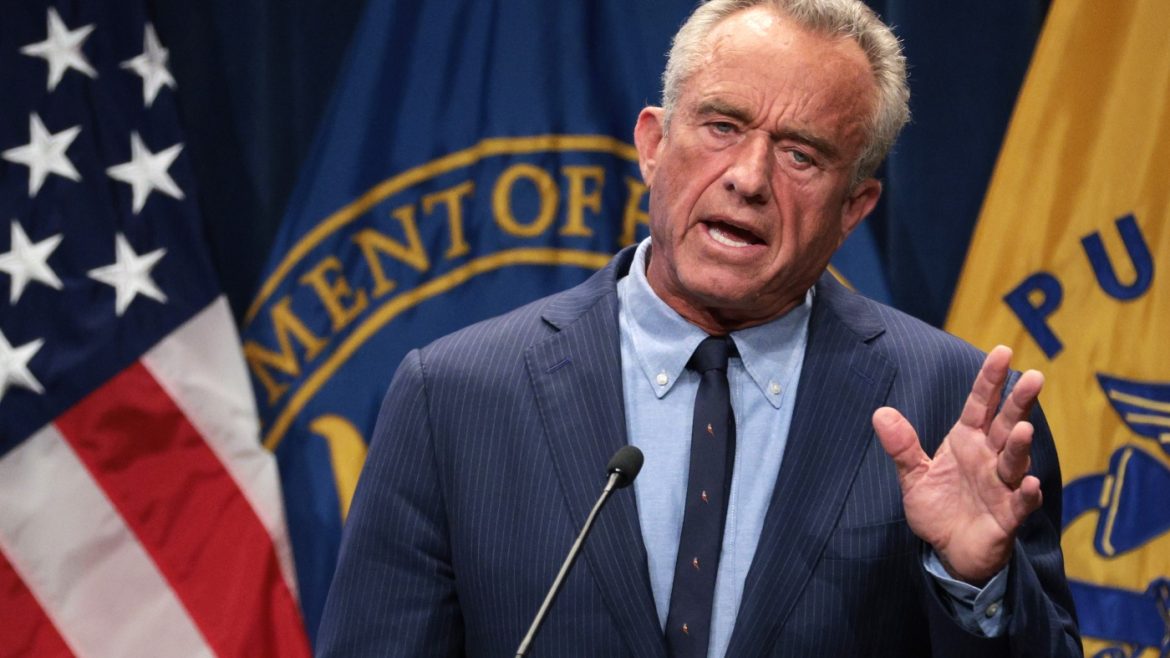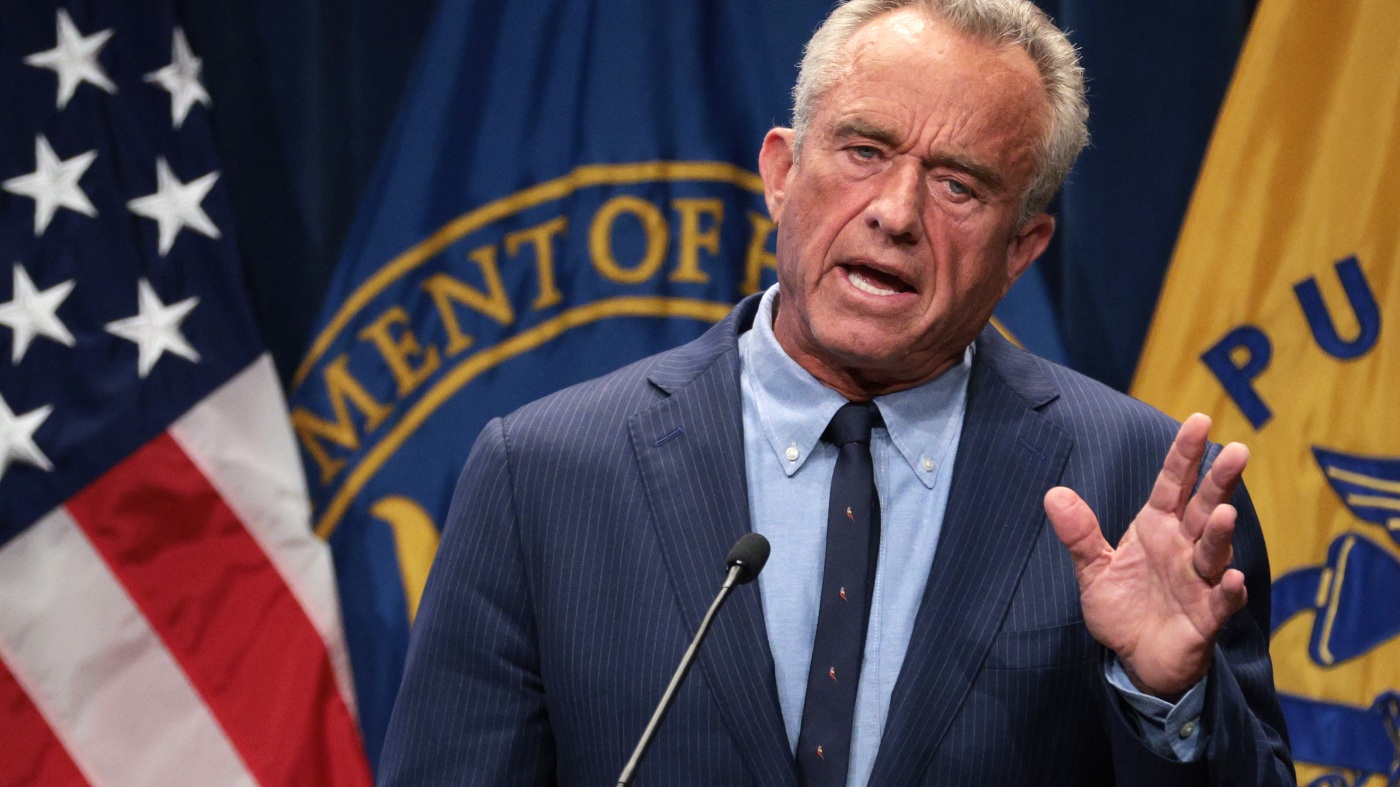RFK Jr.’s Overhaul of CDC’s Immunization Advisory Committee: A Deep Dive
The recent sweeping changes at the CDC’s Advisory Committee on Immunization Practices (ACIP) under Health and Human Services Secretary Robert F. Kennedy Jr. (RFK Jr.) mark a significant pivot in U.S. public health policy. The wholesale replacement of every member of the CDC’s immunization advisory panel with a new slate of advisers is reverberating through the medical and scientific communities. Understanding this move requires exploring the background, the new appointments, the controversy surrounding the decision, and its potential implications.
Background: The ACIP and Its Role
The ACIP is a critical body entrusted with providing expert guidance to the CDC on vaccine usage, schedules, and immunization policies in the United States. Its members typically comprise epidemiologists, immunologists, pediatricians, and other experts, shaping how vaccines are recommended for diseases ranging from influenza to COVID-19.
Until recently, the committee included 17 members vetted for expertise and experience, offering scientifically grounded recommendations that influenced public health nationally and globally. The abrupt dismissal of this entire advisory panel signals a dramatic shift, driven by RFK Jr.’s controversial stance on vaccines.
RFK Jr.’s Purge: What Happened?
Over the course of June 2025, RFK Jr. dismissed every existing member of the CDC’s immunization advisory committee—a move widely characterized as a “purge.” This comprehensive removal stunned many within the medical community and elicited heavy criticism.
In their place, Kennedy appointed a new cadre of vaccine advisers, including:
– Dr. Joseph R. Hibbeln
– Martin Kulldorff
– Retsef Levi
– Dr. Robert Malone
– Dr. Cody Meissner
– Dr. Michael A. Ross
– Dr. James [Surname undisclosed here]
Some of these figures have been previously controversial within vaccine discourse. For example, Dr. Robert Malone has been known for his skeptical views on certain mRNA vaccines, adding fuel to ongoing public debates about vaccine safety and policy.
Reactions From Medical Professionals and Public Health Entities
The response from physicians, pharmacists (PharmDs), and other health experts largely condemns the decision. Criticism centers on concerns that the committee’s new composition might lack neutrality and scientific rigor, potentially skewing vaccine guidance towards ideological or non-evidence-based perspectives.
Additional worries include:
– The potential for increased vaccine hesitancy amid mixed scientific messaging.
– The risk that public trust in vaccination programs could erode, challenging efforts to control infectious diseases.
– Fears that the new panel may undermine well-established immunization schedules, including those for children and vulnerable groups.
Some have pointed out RFK Jr.’s prior statements, such as his controversial claim suggesting that different vaccine schedules should apply based on race, which many consider scientifically unfounded and inflammatory.
The New Advisers: Profiles and Potential Impact
The newly appointed experts bring a diverse range of backgrounds:
– Dr. Joseph R. Hibbeln is known for research on nutrition and mental health.
– Martin Kulldorff has been involved in vaccine safety debates and was previously a member of the CDC’s vaccine advisory panel but left due to disagreements.
– Dr. Robert Malone has been a polarizing figure in vaccine discussions, having played a role in developing mRNA technology but publicly criticized some COVID-19 vaccine strategies.
– Dr. Cody Meissner is a pediatric infectious disease specialist with extensive clinical experience.
It remains to be seen how this mix will influence the CDC’s vaccine recommendations. Early indications suggest potential shifts toward more heterogeneous viewpoints, with some possibly skeptical of prevailing vaccine orthodoxy.
Broader Context: RFK Jr.’s Public Health Philosophy
Kennedy’s approach reflects his long-standing public skepticism about vaccines and pharmaceutical companies. His ascent to Health and Human Services secretary’s role and the swift advisory committee overhaul underscore his aim to reshape national vaccine policy.
This is part of a broader movement, sometimes referred to as “Make America Healthy Again” (MAHA), which emphasizes individualized approaches to vaccination and increased scrutiny of vaccine mandates and safety data.
Possible Consequences and Future Outlook
If the new advisory committee steers the CDC’s immunization policies significantly away from previous stances, several outcomes are possible:
– Vaccine Policy Changes: Revised vaccination schedules or altered recommendations could emerge, potentially affecting coverage rates and public perceptions.
– Public Trust Dynamics: The overhaul risks heightening polarization around vaccines, especially amidst persistent misinformation and political divides.
– Global Influence: Given the CDC’s global standing, changes in U.S. vaccine policy could ripple internationally, influencing other countries’ public health decisions.
At the same time, the controversy may prompt calls for enhanced transparency and accountability in the advisory process, emphasizing the need for science-driven and unbiased public health decisions.
Conclusion: A Critical Juncture for U.S. Vaccine Advisory Policy
Robert F. Kennedy Jr.’s purge and replacement of the CDC’s immunization advisory committee represent a remarkable turning point in American public health governance. This measure has ignited intense debate over the future of vaccine science and policy in the U.S., with significant ramifications for public trust, vaccine uptake, and the management of infectious diseases.
As the new panel begins its work, close scrutiny from scientists, healthcare providers, and the public will be vital in ensuring that vaccine recommendations remain grounded in solid evidence and committed to protecting public health on a broad scale. The decisions made in the coming months could reverberate for years, shaping not only national vaccine practices but also the broader landscape of science and health policy.


